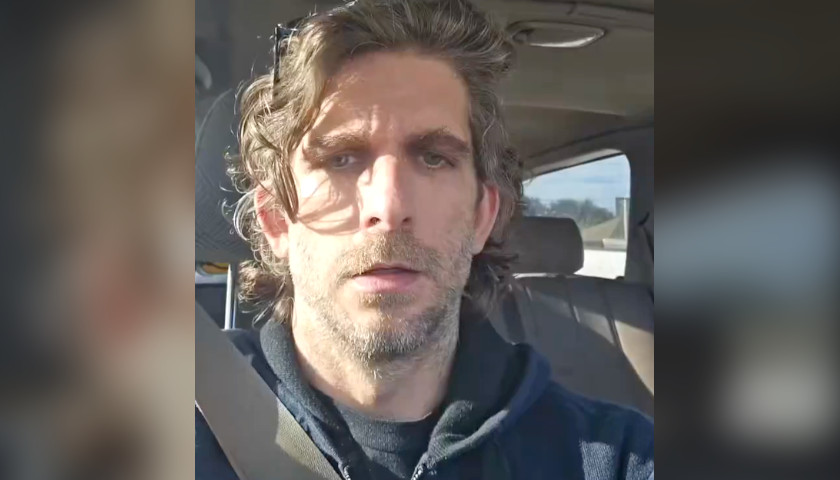Gov. Mike DeWine is pushing for expanded background checks for gun purchases in Ohio, one of his 17 proposals to combat gun violence. His plan followed the Oregon District shootings in Dayton and comes less than a year after the publication of a 10-year study of California’s comprehensive background check. The study found California’s law made no difference in the number of suicides or homicides committed by firearm.
DeWine’s recommendations include “a law requiring background checks for all firearms sales in the state of Ohio with certain limited, reasonable exceptions, including gifts between family members.” He also wants to increase penalties for an individual who knowingly bypasses the background check provisions.
Today I announced 17 proposals to reduce gun violence and increase mental health prevention and treatment. Read more: https://t.co/vCclEw9zdc pic.twitter.com/thNfg8xoQ7
— Governor Mike DeWine (@GovMikeDeWine) August 6, 2019
The Violence Prevention Research Program (VPRP) at the University of California, Davis and the Johns Hopkins Bloomberg School of Public Health conducted the research into California’s law.
“It [the study] compared observed annual firearm homicide and suicide rates in California over 10 years following enactment of comprehensive background check and misdemeanor violence prohibition policies in 1991 with expected rates based on data from 32 control states that did not have these policies and did not implement other major firearm policies during the same time,” UC Davis News wrote.
The conclusion was that “CBC [comprehensive background check] and MVP [violent crimes classified as misdemeanors] policies were not associated with changes in firearm suicide or homicide.”
Other studies have been conducted on the effectiveness of background checks in reducing gun violence. The Trace, which says it is “an independent, nonpartisan, nonprofit newsroom dedicated to shining a light on America’s gun violence crisis,” and is considered a left-leaning publication, reviewed multiple studies of background checks. They determined that, in practice, the effectiveness of background check legislation has been mixed at best.
“Reviews of broad swaths of research have reached differing conclusions. One 2012 meta analysis found little statistically significant evidence that checks reduce shootings. Two later reviews of academic literature from 2016 and 2017 strongly endorsed the policies. A landmark 2017 review of various gun policies by the RAND Corporation found only moderate evidence that checks reduce suicide and violent crime,” The Trace states.
Jacob Sullum at Reason discussed the viability of “comprehensive background checks” in February 2018, after President Donald Trump suggested them following the Parkland school shooting. Admitting the president’s use of the term “comprehensive” could have multiple meanings, the author proceeded to review potential options.
If Trump meant “universal” background checks, Sullum says, “the perpetrator of the Florida attack, like most mass shooters, did not have a criminal or psychiatric record that would have legally disqualified him from owning a gun, and he passed a background check when he bought the rifle he used to kill 17 people at Marjory Stoneman Douglas High School.”
“Requiring background checks for private transactions clearly would not thwart mass shooters who do not meet the criteria for blocking a sale, which is typically the case,” he added.
On the other hand, the president could have been referring to “Gun Violence Restraining Orders,” like DeWine’s “Safety Protection Order.”
“While laws like these could conceivably prevent a mass shooting, the standards of evidence they use and the incentives they create mean that the vast majority of people whose Second Amendment rights they revoke will be innocent and harmless,” Sullum says.
– – –
Beth Lear is a reporter at The Ohio Star. Follow Beth on Twitter. Email tips to [email protected].





